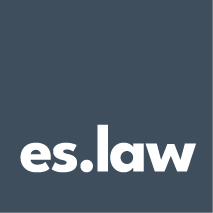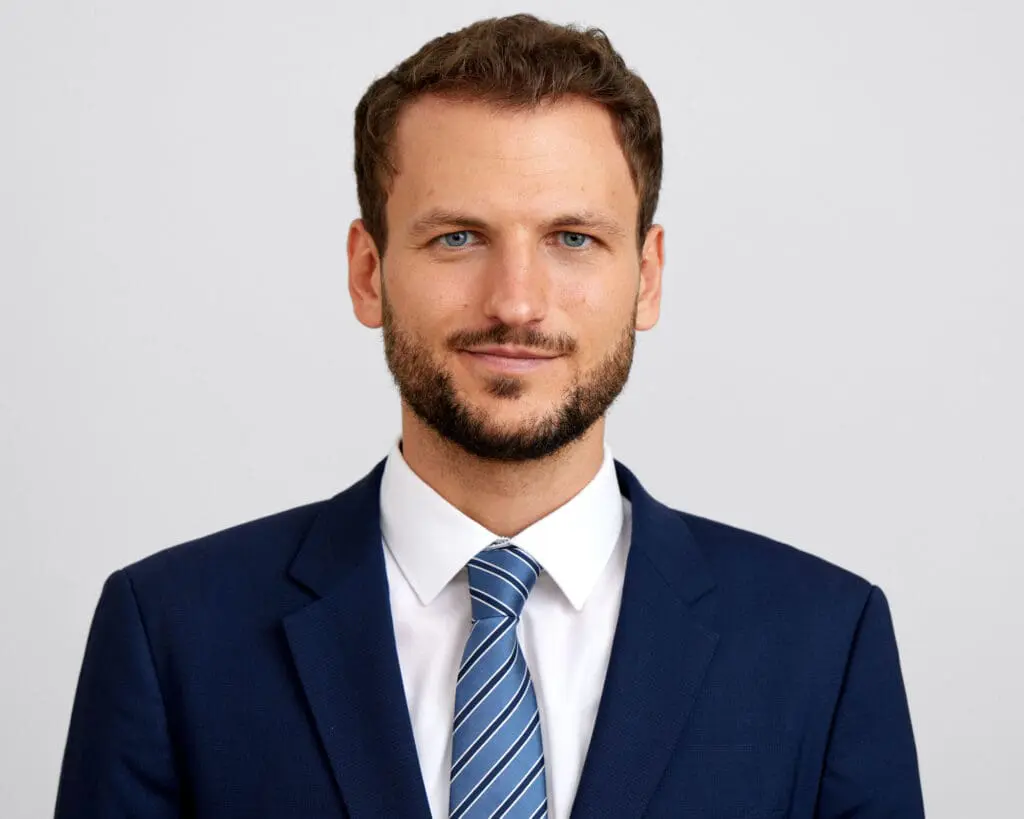Summons to the examination of witnesses and difference to the examination of the accused
Usually, a person who is to be questioned must be summoned in writing. The summons must contain the subject matter of the proceedings and the hearing as well as the place, date and time of the hearing.
If you receive a summons for questioning, you should take a closer look at your rights and obligations in order to avoid taking (unnecessary) risks. Everyone is obliged to comply with a summons and can be brought in by the police if they fail to do so without justification, if this has been expressly threatened in the summons.
It is important to distinguish between the questioning of an accused and the questioning of a witness, as accused and witnesses have different rights and obligations. Witnesses are persons other than the accused who may have directly or indirectly perceived facts that are essential to the investigation of the criminal offense or otherwise concern the object of the proceedings and are expected to testify in the proceedings.
It is clear from the wording of the summons whether you have been summoned as a witness or as an accused.
Do I have to testify as a witness?
Witnesses are obliged to testify correctly and completely. Giving false testimony during a questioning as a witness is punishable by law. If you no longer remember certain details, such as the course of events or the appearance of a person, state this clearly during your questioning. Please note, however, that the deliberate concealment of relevant facts about which you have perceptions can also be punishable as false testimony.
Despite these circumstances, witnesses are sometimes exempt from the obligation to testify or have the right to refuse to answer questions. These aspects are discussed in more detail below.
Prohibition to question as witness
Certain persons are subject to a ban on questioning due to their professional confidentiality obligations (Sec 155 para 1 of the Austrian Code of Criminal Procedure (StPO). Clerics may not be questioned when it comes to information that have been entrusted to them in confession or under their clerical confidentiality. The interrogation ban also applies to government officials if they are to be questioned about matters that are subject to official secrecy. It is also inadmissible to question persons who are bound to secrecy under the information regulations of the Austrian parliament.
Furthermore, questioning is inadmissible if persons are unable to tell the truth due to mental illness, a comparable impairment of their decision-making capacities or for other reasons.
Exemption from the duty to answer questions
Witnesses are generally obliged to comply with a summons to testify. However, there are certain circumstances in which an exemption from the obligation to answer questions is possible (Sec 156 StPO). These persons may, but do not have to, testify. If a witness has not expressly waived their exemption from this obligation to testify, their entire testimony is null and void.
Persons who are to testify against relatives and particularly vulnerable victims (e.g. minors) are exempt from the obligation to testify if the parties have had the opportunity to participate in a previous adversarial hearing.
Refusal to answer questions
Witnesses may refuse to testify if they would otherwise expose themselves or a relative to the risk of criminal prosecution or, in connection with criminal proceedings against them, to the risk of incriminating themselves beyond their previous testimony (risk of self-incrimination).
In addition, members of certain professional groups can refuse to testify if it concerns information that they have learned during their professional activities. For example, defense lawyers, attorneys, patent attorneys, psychiatrists, psychologists and mediators are entitled to refuse to testify about what they have learned in this capacity in order to protect their confidentiality obligations.
In addition, according to the so-called editorial secrecy, media owners (publishers), media employees and employees of a media company or media service are entitled to refuse to answer questions relating to the person of the author, sender or guarantor of articles and documents or relating to communications made to them with regard to their activities.
If witnesses were not informed in good time of their right to refuse to testify based on the duty of confidentiality and editorial secrecy, those parts of the testimony to which the right of refusal relates are null and void.
Prohibition of circumvention
The right to refuse to testify may not be circumvented, by seizing and confiscating documents or information stored on data carriers or by questioning auxiliary staff or persons undergoing training. This also applies to documents and information that are in the possession of the accused or a co-defendant and were created by them or by the accused for the purpose of advising or defending the accused.
If the prohibition of circumvention is violated, this justifies, for example, the nullity of the corresponding taking of evidence in the event of a violation of the professional confidentiality obligations and editorial secrecy described.
Right to refuse to give evidence on individual questions
The following persons may refuse to answer individual questions:
- Any person who would otherwise expose themselves or a relative to shame or the risk of direct and significant proprietary disadvantage (such as dismissal, termination, disinheritance or disclosure of business or trade secrets),
- persons who were or might have been violated in their sexual sphere through the criminal offense the accused is accused of, if the person would have to reveal details of the crime the person deem unconscionable to describe,
- persons, who would have to disclose details of their most private sphere or of the most private sphere of another person.
However, the persons named may be obliged to testify despite refusing to do so if this is essential due to the particular importance of their testimony for the subject matter of the proceedings.
Procedure for questioning a witness
At the beginning of the hearing, the witness is informed of his rights and obligations, including the above-mentioned exemptions from testifying and the right to refuse to answer questions. After the personal details have been recorded, the witness is asked to describe what he can contribute to the facts of the case. He is asked to give a coherent account of his perceptions. As a rule, further questions are then asked.
Witnesses are usually questioned individually and in the absence of other parties to the proceedings and witnesses. As a rule, questioning in preliminary proceedings takes place at a police station, and in the main hearing at a court.
At the request of the witness, a person of trust may attend the hearing. The trusted person can also be a lawyer who, as a witness counsel, ensures that the hearing is conducted properly.
What is an adversarial questioning?
An adversarial questioning is used to question victims who are need special protection and is conducted by the court at the request of the prosecution authorities. In particular, victims whose sexual integrity may have been violated have the right to request an adversarial hearing both in investigation proceedings and in the main trial.
During an adversarial hearing in criminal proceedings, the accused and the witness or victim do not meet directly. The interrogation takes place under strict spatial separation in order to prevent a direct confrontation between the accused and the victim/witness. This procedure is intended to protect the victim or witness from additional stress and is therefore referred to as “gentle”.
Lawyer as witness counsel
If you have questions after receiving a summons as a witness, feel unsure whether you have to testify or not, or if you have been harmed by the crime and want to make a claim for damages, it is advisable to contact a lawyer who can support you in this situation. They can ensure that your rights as a witness are protected and that no inadmissible questions are asked. Particularly in complex or incriminating situations, witnesses may make statements that could later be used against them or negatively influence the course of the proceedings. An experienced lawyer provides clarity and protects you from legal pitfalls. This ensures that the interrogation is conducted fairly and in accordance with the applicable legal requirements. Every witness has the right to consult a lawyer as a person of trust during questioning. If you have suffered financial loss or injury as a result of the crime, you are entitled to claim compensation, which you can assert by way of a private participation in the criminal proceedings. There is also the possibility of a civil action.



